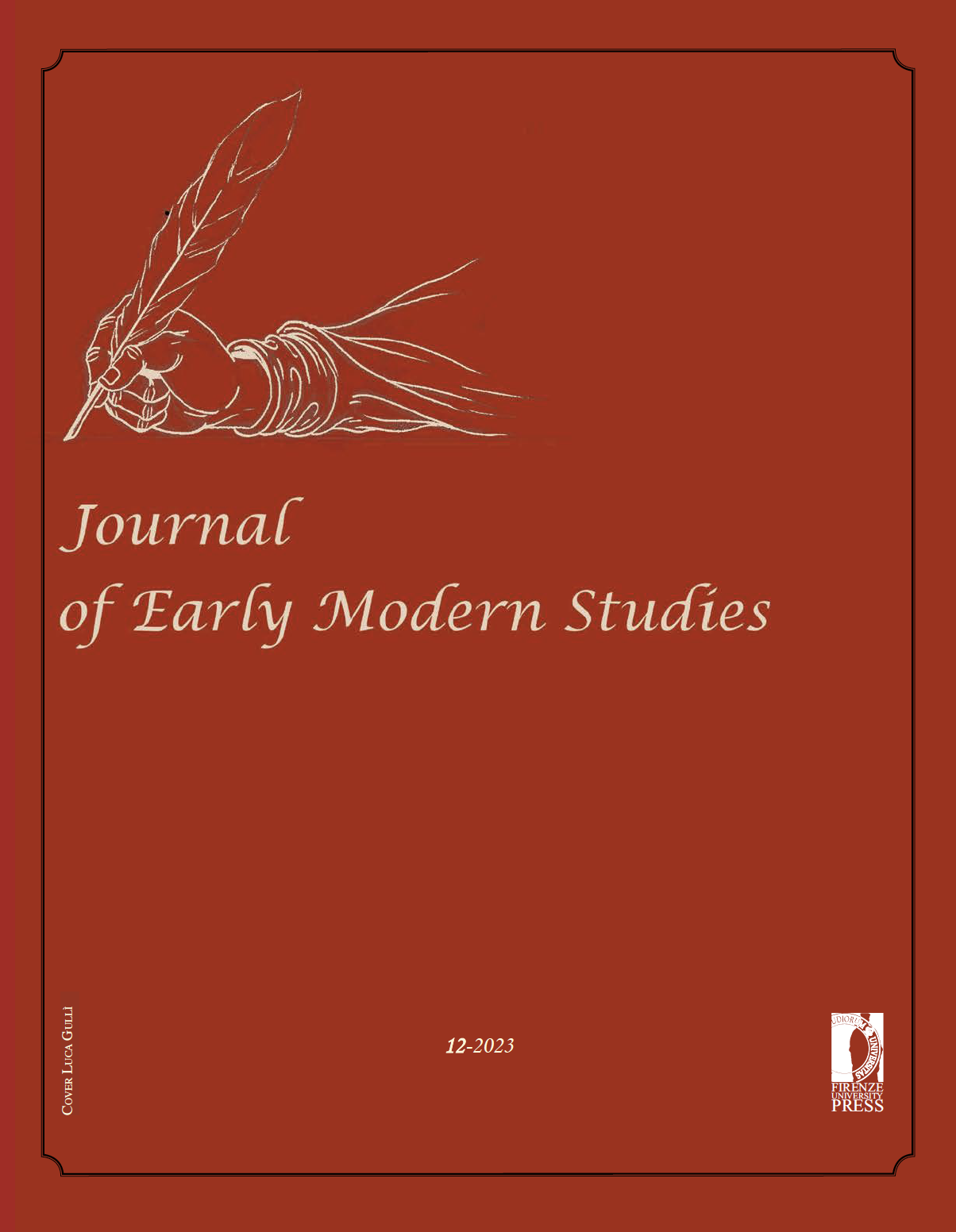Published 2024-07-31
Keywords
- Lyon,
- Placard,
- Popular Politics,
- Riot,
- The Poor
How to Cite
Copyright (c) 2024 Anne Béroujon

This work is licensed under a Creative Commons Attribution 4.0 International License.
Abstract
The first half of the sixteenth century saw an explosion of popular revolts throughout Europe. Focusing on the French city of Lyon, the article analyses written expressions of revolt, including street bills, posters and, indirectly, oral relays. In April 1529, the city was devastated by the Grande Rebeyne (great revolt), triggered by a placard accusing the municipality of incompetence and corruption and calling for a riot. Despite the harsh repression, others appeared in the following years in an effort to rekindle the flame of rebellion. How did these writings come down to us and under what conditions were they produced? Despite the anonymous popular signature, did they really express the views of subaltern people? Can the precedents and customs on which they rely be reconstructed, given that the archives were jealously preserved by the municipal councillors? How does a chain of insurrectionary writings take shape over time and is there evidence of re-use in popular memory? Drawing on rare traces produced chiefly by political elites (handwritten consular archives and sixteenth- and seventeenth-century histories of Lyon), the article seeks to answer these questions and to counterbalance the dominant discourse by articulating the written protest and the social memory emerging from it.

